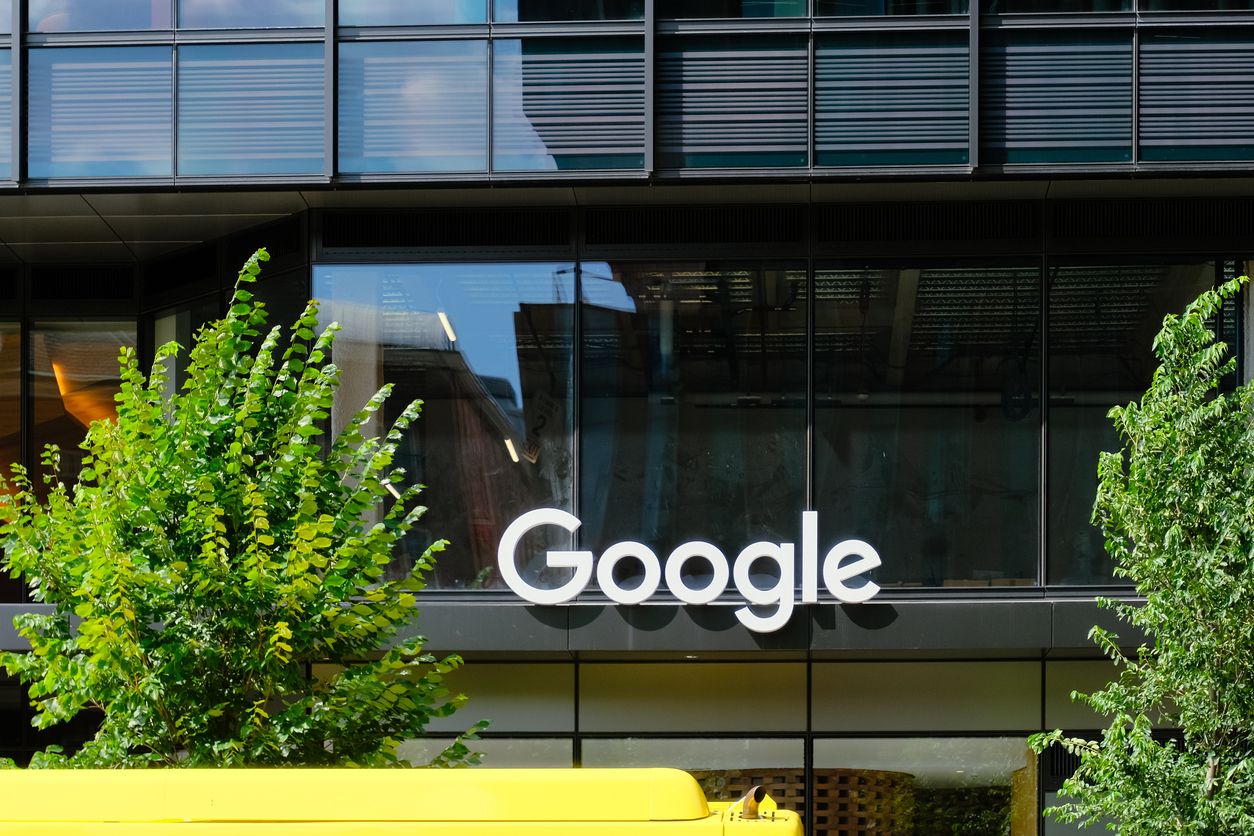Aid organizations document measurable soft skill development and network building as a competitive advantage in the professional services market.
Skills development through social commitment
Volunteering generates substantial professional benefits for students that go beyond altruistic motivation. Sandra Haske, Head of Engagement Promotion at Arbeiter-Samariter-Bund (ASB), identifies a sense of responsibility, empathy and personal initiative as key areas of development. "Many volunteers experience that their actions make a real difference - this not only increases their motivation, but also their sense of self-efficacy and social belonging."
This practical experience surpasses theoretical lecture knowledge and is particularly valued by employers. Challenging situations promote self-confidence, resilience and self-reflection - qualities that are essential in later professional life. Annabelle Behnke, Team Leader Volunteering at the German Red Cross (DRK), emphasizes the professional orientation function: "Volunteering is a meaningful activity that can bring a lot of joy and through which you can learn a lot." Skills such as teamwork, crisis management and leadership qualities are developed, particularly in the areas of social work and civil protection.
Manuel Heckmann, Head of Malteser Augsburg, adds to the importance of strategic networking: "Volunteering allows you to build up valuable contacts, which act as a differentiating factor in later job applications. In addition, soft skills such as communication, organization and problem solving are trained, while taking on responsibility strengthens confidence in one's own abilities.
Intergenerational cooperation as a catalyst for learning
The cooperation between students and experienced volunteers generates synergetic effects. Behnke documents: "Collaboration between students and older people is often particularly enriching - the mixture of a fresh perspective and proven expertise often results in creative, solution-oriented approaches." Students enrich organizations with digital knowledge and innovative perspectives, while at the same time benefiting from established experience. This multiplier function increases the social visibility of aid organizations and strengthens public acceptance.
Strategic career investment with social impact
Heckmann summarizes the multidimensional benefits: "Ultimately, several parties benefit at the same time: The people who are helped by volunteers and the volunteers themselves. Because volunteering is fun and can be meaningful. Few things are more fulfilling than making the lives of others easier and better, doing something good or making a difference together."
This win-win constellation enables students to develop sought-after skills while making a contribution to society. The systematic development of skills, networking and practical experience positions volunteering as a strategic career investment in the increasingly competitive job market for university graduates.
Related articles
Current vacancies
Most read articles
Discover more topics
Our partners
Discover exclusive jobs nationwide with us at:


Discover exclusive jobs nationwide with us at:


Discover exclusive jobs nationwide with us at:


Discover exclusive jobs nationwide with us at:


Discover exclusive jobs nationwide with us at:


















